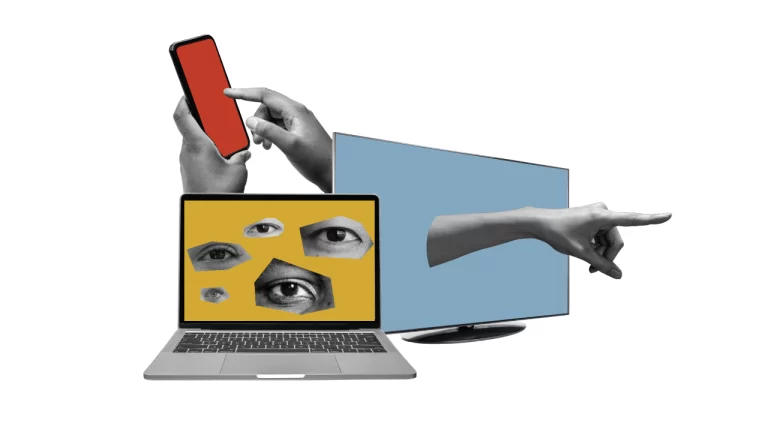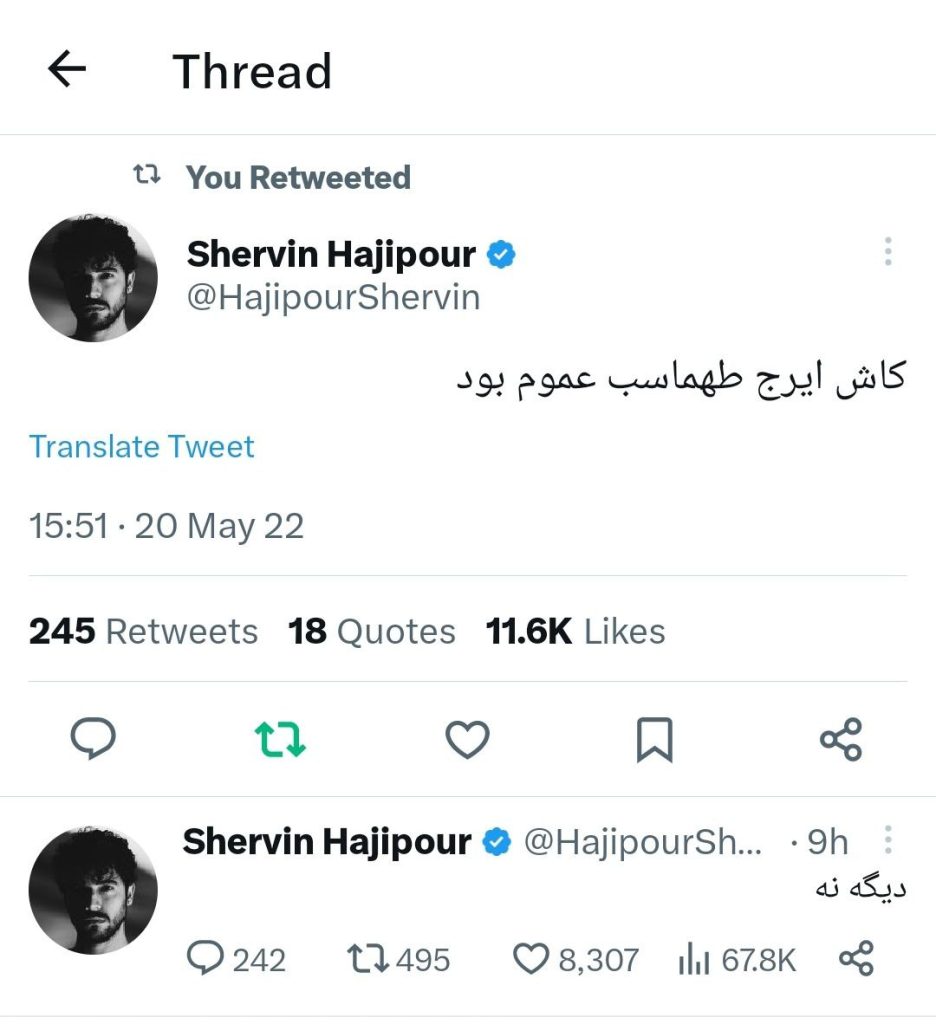Well… this is it! My last process post for PUB 101. I’ve learned so much about blogging, marketability, and the online self in this course, and hopefully it shows through melatonin gone missing.
Reflecting On The Process
Despite this course only being 13 weeks long, it feels like I’ve grown exponentially over the semester, probably because posting weekly has forced me to consistently critique and improve my site. It feels like decades ago when I was feeling frustrated trying to set up my site, which is mostly documented in my second process post From Pinterest to WordPress. At that time, I was completely uneducated about what it really meant to own a website. So when I slowly started to pick up on blog design, SEO, user experience, accessibility, readability, typeface, analytics, and everything else I’ve touched on in my process posts thus far, I was a little shocked that there was so much that went into the websites and media we interact with every single day. Even if at some point in the future I forget what the term “personal cyberinfrastructure” means (although highly unlikely), I will always perceive published media through a different lens. A more critical one, but also one with more respect for the effort that goes into actualizing every single detail we take for granted.
My blog feels a lot like a gallery or a scrapbook of the beginning of my publishing journey, and it always feels extremely rewarding and fulfilling to scroll through and see how far it has come. I’ve grown to be very fond of blogging, and I am quite proud of the site I’ve created. I mean, I made and own a whole website… that’s pretty cool. melatonin gone missing truly feels like my own digital garden, and I’m not quite ready to let it die!
Looking Forward
That being said, I’m excited to continue blogging and sharing my most unimportant thoughts here. I thought of a few ideas of ways to expand the site in my post Melatonin’s Many Channels, which are always paths I could look into pursuing (especially social media), but before going any further with expansion and development, it is important to establish community guidelines. An easy and effective way to ensure user safety and my own safety is to add a page outlining what users can expect and what they should abide by on my blog. Some of the things I would likely include in my community guidelines are:
- Be respectful and kind
- No spam or hateful comments
- Respect people’s privacy
- No personal promotion
By having these guidelines made explicit, it should hopefully prevent any uncourteous or unwanted behaviour from my blog, which is meant to be a safe and cozy space for all. From my list, it is clear that most of these guidelines are related to blog comments and social interactions. In the modern age of social media, the effects of online hate have proven to be a) very real, and b) severely damaging. As discussed in the Jon Ronson’s Ted Talk “When online shaming goes too far“, and the article “The dark side of Guardian comments“, people’s online behaviours can be incredibly harmful, and can escalate into dangerous and out of control situations. These guidelines essentially are to prevent these situations from arising on my site.
Against my expectations, there have been a few comments on my posts from my friends and classmates that have all been sweet and supportive. I’ve learned that blog comments are a really fun place to interact with others and trade complements and ideas, in a different way than the usual social media comment. I think this is because there is a sort of detachment from your personal life, since you can choose any name to display with your comments (on WordPress, at least). Maria Konnikova explains that anonymity encourages participation, which is further expanded on in John Suler’s discussion of facets of the online self, and I think this is demonstrated in the comments on my posts. For example, Tori Vega’s comment on Toe is Broken (Up).
Saying Farewell
And that’s it! To Dr. Norman and all my classmates, it’s been a pleasure getting to know you and making content for you to stalk. I’ve really enjoyed this class, and it’s sad to say goodbye.
Lastly, huge shoutout to Micky, who’s support means the world to me! I’m so lucky to have a TA who understands and appreciates my content posts on a personal level 
Alright, melatonin… officially going missing.
References:
Basu, T. (2020, September 3). Digital Gardens let you cultivate your own little bit of the internet. MIT Technology Review. Retrieved March 2, 2023, from https://www.technologyreview.com/2020/09/03/1007716/digital-gardens-let-you-cultivate-your-own-little-bit-of-the-internet/
Campbell, G. (2009). A Personal Cyberinfrastructure. EDUCAUSE. https://er.educause.edu/articles/2009/9/a-personal-cyberinfrastructure
Gardiner, B., Mansfield, M., Anderson, I., Holder, J., Louter, D., & Ulmanu, M. (2016, April 12). The Dark Side of Guardian comments. The Guardian. Retrieved April 11, 2023, from https://www.theguardian.com/technology/2016/apr/12/the-dark-side-of-guardian-comments
Konnikova, M. (2013, October 23). The psychology of online comments. The New Yorker. Retrieved April 11, 2023, from https://www.newyorker.com/tech/annals-of-technology/the-psychology-of-online-comments
Ronson, J. (n.d.). When online shaming goes too far. Jon Ronson: When online shaming goes too far | TED Talk. Retrieved April 11, 2023, from https://www.ted.com/talks/jon_ronson_when_online_shaming_goes_too_far?language=en
Suler, J. (2001). The Online Disinhibition Effect. The Psychology of Cyberspace. https://truecenterpublishing.com/psycyber/disinhibit.html
Photo:
-, H. T., By, -, Heather TaylorIcon Researcher & Blogger at Advertising Week, Taylor, H., Icon Researcher & Blogger at Advertising Week, here, P. enter your name, & -, H. T. (2020, December 21). How celestial seasonings’ sleepytime bear became a tea icon. PopIcon.life. Retrieved April 11, 2023, from https://popicon.life/celestial-seasonings-sleepytime-bear-tea-icon/












































 .
.